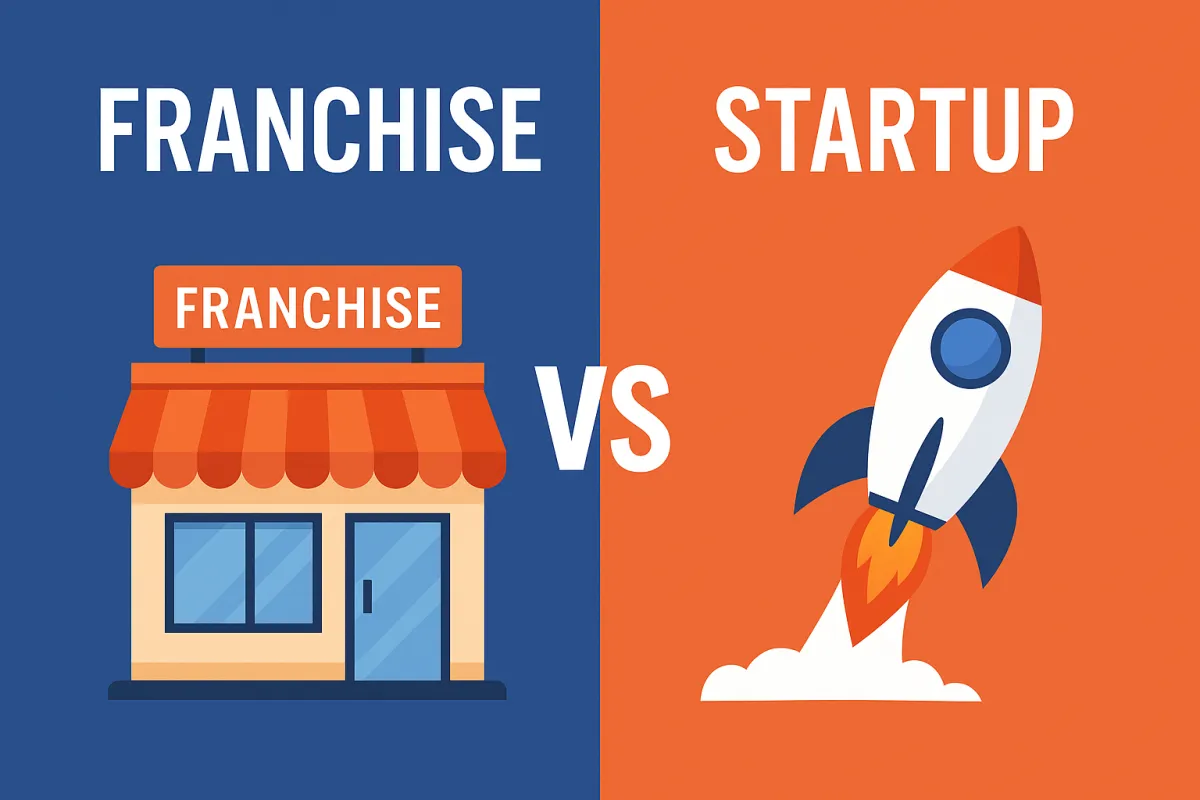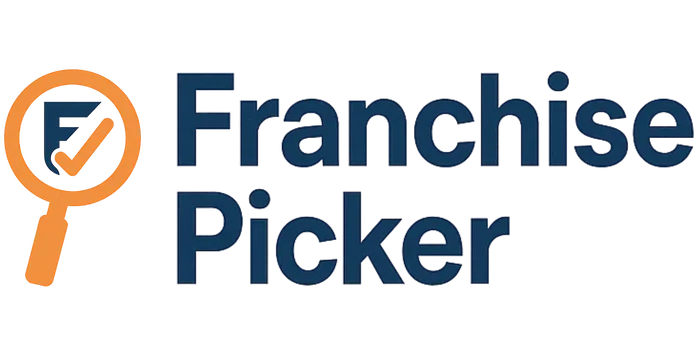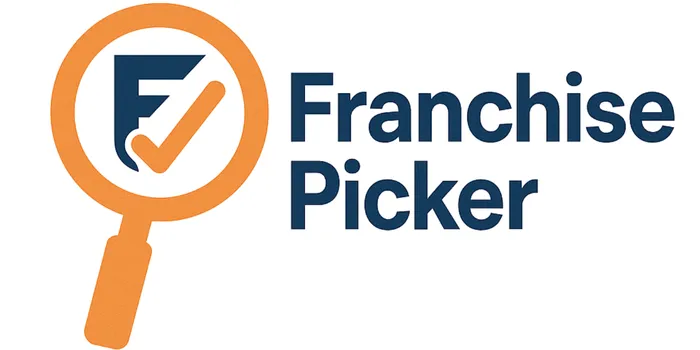
Franchise vs Startup: Which Path Builds Wealth Faster?
Thinking about starting your own business? One question separates future success stories from future horror stories:
"Should I start my own business from scratch—or buy a franchise?"
This isn’t just a casual question. It’s a decision that determines your speed to profit, your risk of failure, and ultimately—how fast you build real wealth.
Let’s break it down.
What Most New Entrepreneurs Get Dead Wrong
Startup life gets romanticized. You’ve seen the social media posts:
Laptop by the beach
“Freedom” at 2PM on a Tuesday
The $10M valuation for a business that hasn't made a dollar yet
But behind the scenes? Most startup journeys look more like:
Years without a paycheck
Endless testing, tweaking, and pivoting
Trial-and-error decisions that cost time, money, and sometimes relationships
According to the U.S. Bureau of Labor Statistics, over 50% of startups fail within 5 years.
Why? Because they’re building the plane while trying to fly it. They're spending precious time on branding, website creation, finding a product-market fit, and burning through savings—often with nothing but uncertainty to show for it. There’s freedom, sure, but it’s often the kind that comes with a price: late nights, high stress, and a steep learning curve.
Many founders end up reinventing systems that already exist, creating inefficient processes, and juggling every role themselves—CEO, marketer, accountant, tech support, and janitor. It's easy to glorify the "grind," but the reality is exhausting.
Why Franchising Builds Wealth Faster
Franchising is the business shortcut nobody talks about. It gives you:
A proven, plug-and-play business model
Systems that are already optimized
A brand people already trust
Built-in training, support, and marketing
You’re not starting from zero. You’re buying speed.
And that speed means cash flow, momentum, and scalability—fast.
Instead of spending years testing and iterating, franchisees get a roadmap. Most franchisors have already done the heavy lifting. From location scouting to lease negotiations, from hiring protocols to marketing systems, you get an entire operational machine ready to go. That machine is designed not just to launch—but to perform.
That means getting to profitability quicker, avoiding common pitfalls, and benefiting from the collective insights of a network of other owners running the same playbook. It's a version of entrepreneurship that favors execution over experimentation.
The Real Comparison: Franchise vs Startup
Category Startup Franchise Time to Launch 12-24 months 3-6 months Risk of Failure High (50%+) Low (<10%) Support System None Included Brand Recognition None Established Marketing Systems DIY Provided Resale Value Low High (Asset-based)
The above matrix reveals a sobering reality: startups come with enormous risk and uncertainty. For every startup that makes headlines, there are hundreds that never escape the idea phase, or worse, drain their founders emotionally and financially.
Franchises, on the other hand, are structured for performance. The model is duplicated, the economics are mapped, and the brand is often supported by national campaigns and shared customer trust.
Who Should Start a Business From Scratch?
There are definitely entrepreneurs for whom starting from scratch is the right move. These individuals:
Have a big, bold, NEW idea that doesn’t yet exist in the market
Are experienced operators who’ve built businesses before
Thrive in uncertainty and love solving unstructured problems
Want complete creative control, no matter the cost
These are often tech founders, inventors, and creatives looking to disrupt a market—not just enter it. They understand the long game and are willing to accept slow starts and high risk in exchange for the possibility of high reward.
But for most people—especially first-time business owners—this path is filled with avoidable obstacles. The learning curve is brutal, the mistakes are costly, and the odds of success are significantly lower.
Who Should Buy a Franchise?
Franchising is a smart move for people who:
Are first-time entrepreneurs looking for a safer entry point
Are escaping the 9–5 but still want structure
Want to own a business without building from scratch
Prefer systems and support over autonomy and experimentation
Are looking for a scalable, asset-based income model
Retirees, veterans, investors, and career changers frequently fall into this category. For them, the franchise model delivers operational guidance, predictable income, and a clear path forward—without requiring them to become experts in every function of the business.
Franchises give you the benefits of ownership without the risk of guessing. The frameworks already exist. The operations manual is already written. The brand equity is already earned. That’s not just convenient—it’s a competitive advantage.
Final Thought: Don’t Pay the Stupidity Tax
If you try to build a business without a blueprint, you will pay what Dan Kennedy calls the “Stupidity Tax.”
It comes in the form of:
Wasted years spent reinventing wheels
Expensive mistakes that experienced operators already solved
Emotional burnout from trying to be everything to everyone
Franchising isn’t a shortcut to success. It’s a shortcut to implementation. It allows entrepreneurs to take decisive action faster—with less guesswork and more guidance.
Implementation is what builds wealth. Not ideas. Not hopes. Not dreams.
The business world rewards speed, systems, and certainty. Whether you’re dreaming about quitting your job, securing long-term cash flow, or leaving a legacy—franchising may be the fastest, safest way to turn that dream into a profitable reality.
Choose the model that fits your lifestyle, your goals, and your risk tolerance. But whatever you do, choose action. Because wealth isn’t built in theory—it’s built in execution.

